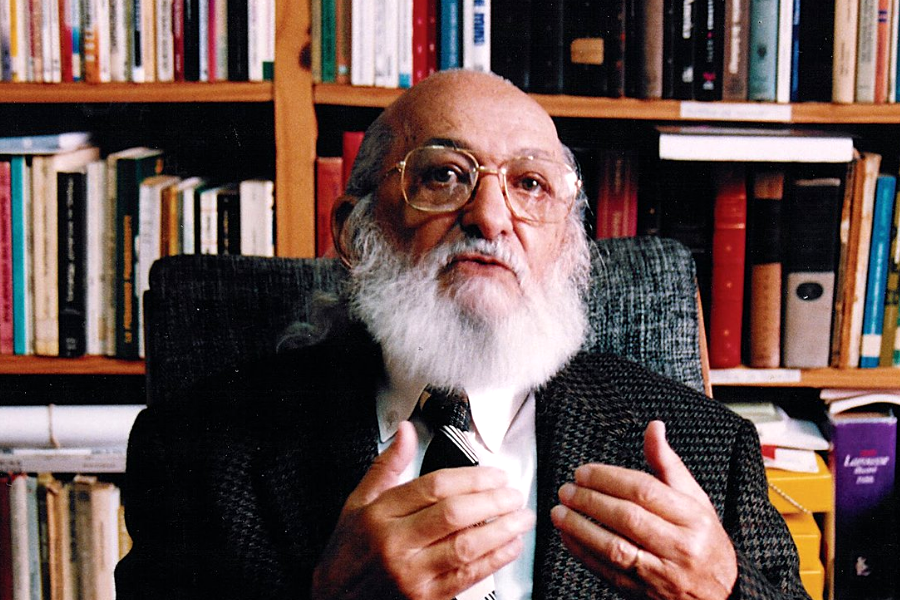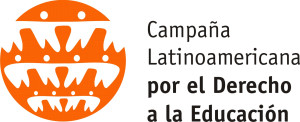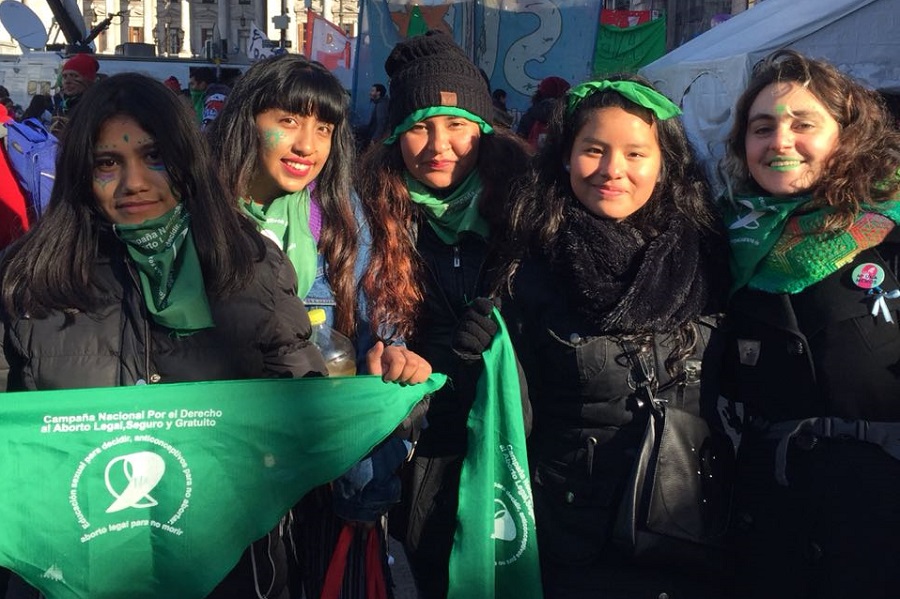
Guadalupe Ramos Ponce: An interview about libertarian education, the right to their bodies and the fight against gender violence
March 29, 2019In this dialogue on the occasion of International Women’s Day, Guadalupe Ramos Ponce, lawyer, feminist and coordinator of CLADEM in Jalisco, deals with issues such as: education, gender equity and equality, gender violence and the conservative advance that has resulted in setbacks for the rights of women and for the freedom of women to decide on their bodies.
(more…)
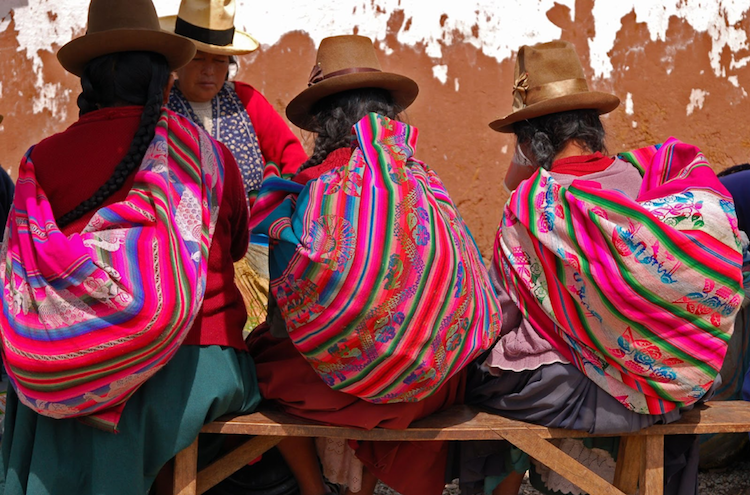
The Right To Education With Gender Equality
March 15, 2019Legal and political advances to ensure gender equality in education find strong obstacles to their implementation in schools in various countries of Latin America and the Caribbean due to cultural barriers, a lack of governmental will and the advance of fundamentalist conservative and religious trends, among other factors of exclusion and inequality that affect girls and women. (more…)

CLADE held the second edition of the audiovisual festival “Lights, camera and education!” in San José, Costa Rica
December 18, 2018Within the debates of the festival, the role of art was highlighted, as well as the importance of setting up spaces for dialogue and awareness-raising to guarantee equality and the promotion of human rights for all people
(more…)

Central American Meeting on Gender Equality, Violence and Education – Final Declaration
July 4, 2018The “Central American Meeting on Gender Equality, Violence and Education: Transformation Strategies” was promoted by the Latin American Campaign for the Right to Education (CLADE) in partnership with UNICEF in El Salvador. This final declaration is the result of debates, reflections and recommendations made during this meeting.
Descargar
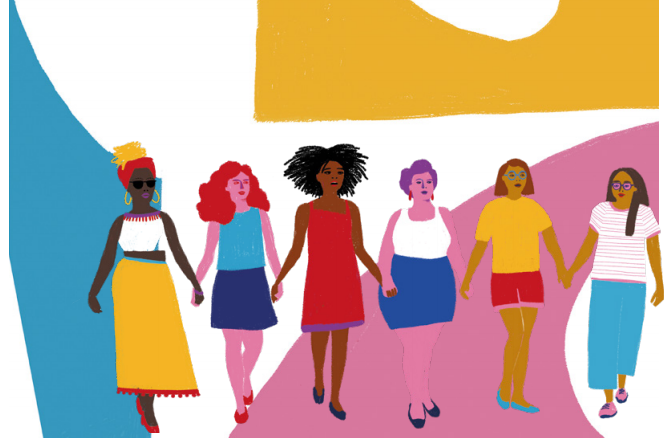
Central American and the Caribbean Meeting on Gender Equality, Violence and Education outlines recommendations and strategies towards social transformation
June 2, 2018Between May 28 and 30, 2018, the Latin American Campaign for the Right to Education (CLADE) held in San Salvador, El Salvador, the meeting “Central American and the Caribbean Meeting on Gender Equality, Violence and Education: Transformation Strategies”. With the support of UNICEF and the Salvadoran Network for the Right to Education (RESALDE) as local hostess, the event drew an overview for the Central American and the Caribbean region on gender-based violence and discrimination against girls, women and Lesbian, Gay, Bisexual, Trans and Intersex (LGBTI) persons in educational spaces as well as recommendations on this matter.
“We count on the strengthening of public and secular education systems to promote a social transformation. With an emancipatory education guaranteed, we are allowed to question the current social patterns of unequal distribution of power between men and women”, said Camilla Croso, general coordinator of CLADE.
The discussions of the meeting centered on the laws, practices and policies to prevent and overcome discrimination and gender violence in and from education. In the legal field, the most recent advances at the international level were highlighted – such as the general recommendations 35 and 36 of the Committee on the Elimination of Discrimination against Women (CEDAW) – as well as the ones in the Latin and Central American panorama.
People from 17 countries were present in the event, during which inspiring practices and experiences were shared by NGOs and regional networks. Nonetheless, field visits were made to schools in San Salvador, El Salvador, that are developing projects for the prevention of gender-based violence, in partnership with UNICEF and OXFAM.
The diversity and representativity of the seminar attendance allowed the construction of a broad panorama on this subject in Central America, finding common features to the other countries of the Latin American and the Caribbean region.
The Final Declaration of the event presents the main challenges for the confrontation of gender-based violence and discrimination at the regional level, highlighting legal human rights instruments that can be used in the fight and action against this problem. The document also points out recommendations to the decision-makers regarding, between other elements, the change of social and cultural patterns; the importance of securing an emancipatory education able to guarantee rights; legal, political and institutional frameworks; and the relevance of a just and sustainable financing to the realization of the right to education with gender equality.
